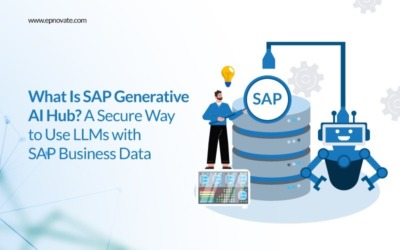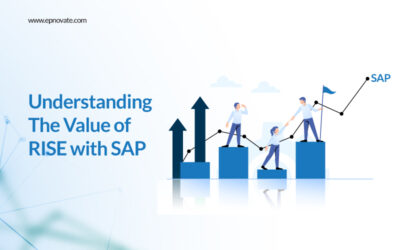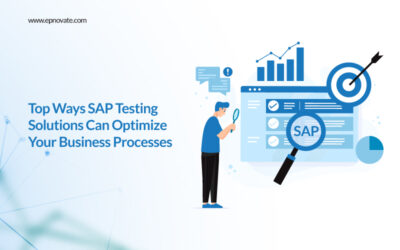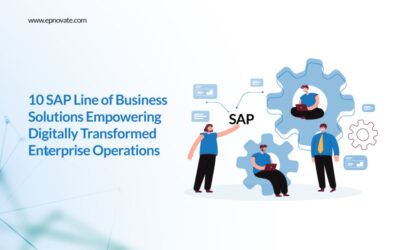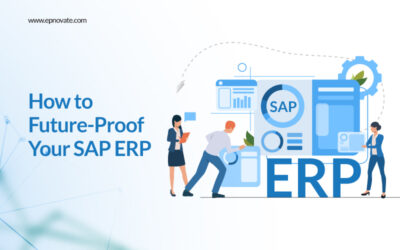Choosing the Right SAP Implementation Partner: What Businesses Need to Know
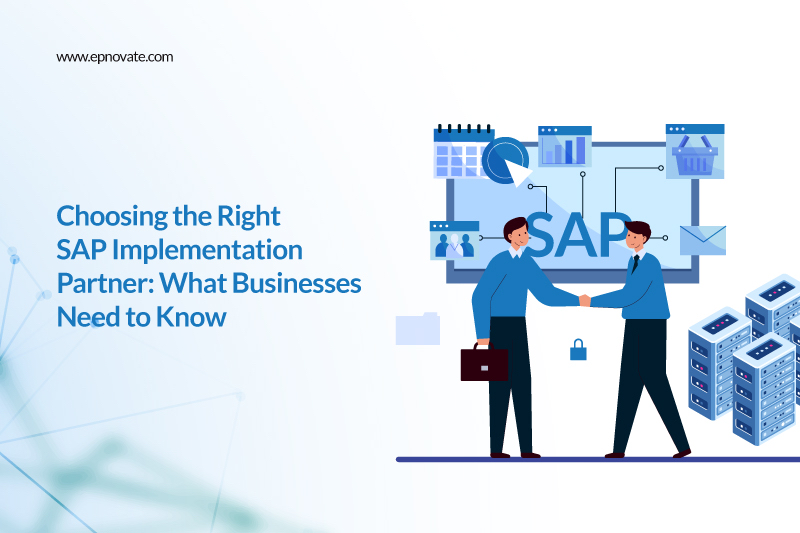
Rolling out SAP in any business is not just about installing software. It’s about transforming the way your company operates. That’s why choosing the right SAP implementation partner can make or break the success of your project.
A skilled partner brings expertise, proven methods, and insights that reduce risks and accelerate results. But with so many providers out there, how do you decide which one is right for you?
Let’s break it down step by step.
Understanding the Role of an SAP Implementation Partner
So, what does an SAP implementation partner actually do? At its core, their role is to translate business needs into working SAP solutions. This involves:
- Assessing current systems and processes
- Designing the right SAP architecture
- Configuring and customizing modules
- Training employees to use the new system
- Providing ongoing support after go-live
Think of them as both a guide and a problem-solver. They understand both the technical side of SAP and the business side of operations. Without this balance, implementations often face delays, cost overruns, or outright failures.
Key Factors to Consider When Choosing an SAP Implementation Partner
1. Industry Experience
Every industry has its own unique needs. A partner who has delivered projects in your industry can better anticipate challenges and offer proven solutions.
For example, an SAP partner with manufacturing experience will understand supply chain bottlenecks better than one specializing in retail.
2. Technical Expertise
Look for certifications, partnerships with SAP, and hands-on knowledge of the latest products like SAP S/4HANA. The more current their expertise, the smoother your migration or implementation will be.
3. Project Methodology
Does the partner use agile, waterfall, or a hybrid approach? Ask them how they manage timelines, risks, and testing. A strong methodology is a good predictor of predictable outcomes.
4. Cultural Fit
Implementation is a long-term relationship. If their team cannot communicate well with yours, frustrations will mount. Choose a partner who listens, explains clearly, and adapts to your company’s culture.
5. Post-Implementation Support
The real test begins after go-live. Ensure your partner provides ongoing support, system optimization, and training. This is where many businesses underestimate the value of the right partner.
Common Mistakes Businesses Make in Selecting a Partner
Even large companies fall into traps when selecting a partner. Here are mistakes to avoid:
- Choosing on price alone: A cheaper option may lack the depth of expertise, leading to costly errors later.
- Ignoring references: Always ask for case studies and client references.
- Overlooking scalability: Will the partner support your future needs, like a move to the cloud?
- Rushing the selection: Taking time upfront avoids headaches down the road.
Research shows that nearly 50% of ERP projects fail to deliver expected benefits because of partner selection mistakes.
How to Evaluate and Shortlist Partners
Here’s a practical approach you can follow:
Step 1: Define Your Needs
Are you looking for a complete SAP implementation service or just a system upgrade? Knowing your scope will filter out unsuitable partners early.
Step 2: Request Proposals
Ask shortlisted firms for detailed proposals. Look for clarity in scope, deliverables, timelines, and support plans.
Step 3: Check References and Case Studies
Did they deliver projects similar to yours? How did they handle challenges? Real-world results speak louder than promises.
Step 4: Conduct Workshops
Invite finalists to run small workshops or demos. This gives you a feel for their expertise and how well they work with your team.
Step 5: Evaluate Long-Term Fit
Think beyond go-live. A partner should support your growth, whether it’s expanding into new markets or adopting innovations like AI-driven analytics.
Benefits of the Right SAP Implementation Partner
When you choose well, the rewards are significant:
- Faster ROI: An experienced partner gets systems live sooner, reducing downtime.
- Reduced Risk: Expert guidance minimizes technical and business risks.
- Better Adoption: Strong training ensures employees actually use the system effectively.
- Future Readiness: The right partner helps you prepare for innovations like automation, sustainability reporting, or cloud migration.
- Long-Term Value: Instead of a one-off project, you gain a trusted advisor for years to come.
A trusted SAP implementation company in India can be a strategic asset, combining global expertise with local market understanding.
Why Guidance Matters
SAP projects are not “plug and play.” They involve change management, data migration, process redesign, and integration with existing systems. Having an experienced SAP implementation consultant by your side can help navigate these complexities.
According to Gartner, organizations that invest in skilled partners reduce ERP project failure rates by nearly 30%. This highlights the direct link between partner selection and project success.
Conclusion
Choosing the right SAP implementation partner is not just another business decision; it’s a strategic one. The right partner ensures smoother transitions, better adoption, and measurable ROI. The wrong one could lock you into delays, rising costs, and frustrated employees.
Start by defining your needs clearly, researching your options thoroughly, and never underestimate the importance of cultural fit and post-go-live support.
In the end, the right SAP partner doesn’t just install software; they help transform your business into a more agile, efficient, and future-ready enterprise.
Author: Epnovate Technology
Website: https://epnovate.com
Recent Posts
- How Agentic AI is Enabling Continuous Testing in S/4 HANA
- What Is SAP Generative AI Hub? A Secure Way to Use LLMs with SAP Business Data
- SAP S/4HANA Greenfield Migration: A Fresh Start to a Modern Digital Core
- SAP Business AI on SAP BTP: Powering Custom Enterprise Intelligence
- SAP TechEd 2025 Showed Agentic AI Is Here — And It’s Reshaping the Future of SAP
